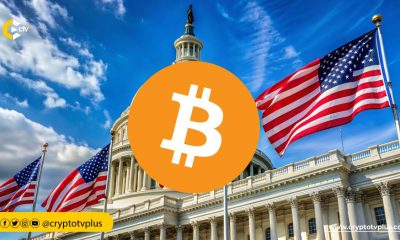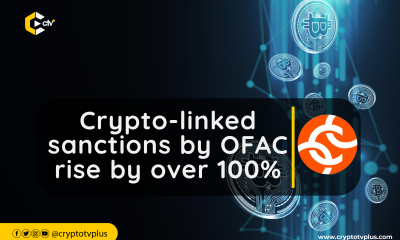FEATURED
The dark side of remittances we don't see

Statistically, there are about 164 million migrant workers around the globe, the majority of which are Africans in the diaspora that have left their families back at home in search of greener pastures and these migrant workers send a large chunk of their earnings to support their families.
Over the years we could see that the remittances inflows that constitute the money transfer business form a reasonable part of GDP income for most countries experiencing economic hardship, countries like the Philippines which have the highest migrant population in the world suffer from this experience the most. Regardless of the constant attention, we see countries like the US give the issue of migrants the global remittance industry keeps flourishing by the day as it keeps increasing in size and level of competitiveness
The dark side we don’t see
Although it may look very simple at first glance the remittance industry is a vast and sprawling network with various intermediaries. We could also easily see that at the most basic level at any time it involves parties which include
- the sender
- local agent
- money transfer operator
- foreign agent
- The receiver
Western Union PayPal and MoneyGram judging by their performance over the years have been seen to offer the best global remittance services, western union is renowned for their high commission as their services are costly and even if we could say that it should cost something for these services to be rendered, it does not take away the fact that there is a good measure of exploitation involved in the whole process as good percentage of whatever is to be sent is deducted before it gets to the receiver. PayPal came into the picture after a while a become a major competitor which we could say would have slashed the monopoly that might have existed in the system but for persons familiar with the services you could see that even they too had their dark side as the level of scrutiny involved when using their platform could get so extreme that you experience lockdown on funds which could have urgent need to the receiving party only for PayPal to hide under the pretext of investigating funds, this is not to mention the discrimination that we see clearly take place as IP addresses of countries which are perceived to be “low classed” are prevented from using their services
Light at the end of the tunnel
With the advent of cryptocurrencies we can already see the potential for a lot to change as this not only eliminates all of the problems previously stated but further reduces the gap between sender and receiver through speed of transfer thereby slowly eliminating any possible need for a third party except of course there happens to be a hybrid system to make both parties more efficient. Blockchain has come to change the way we do a lot off things






















